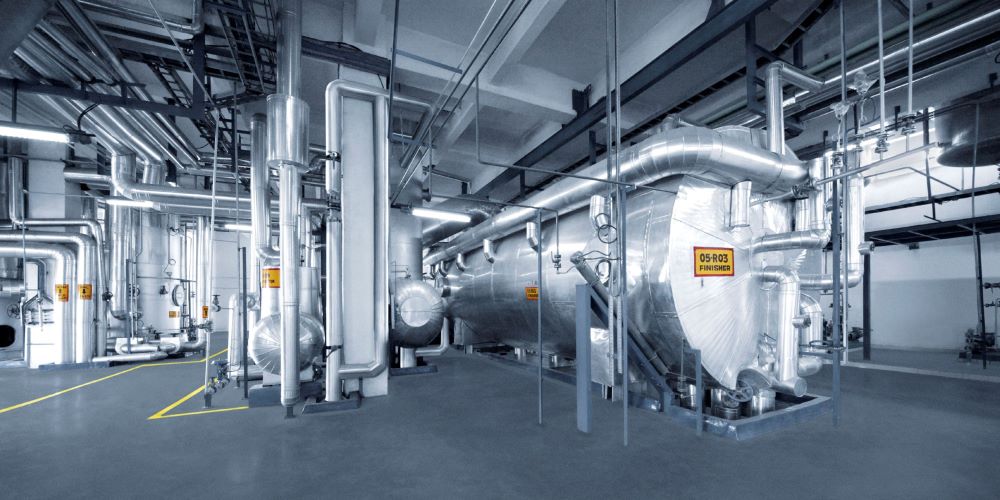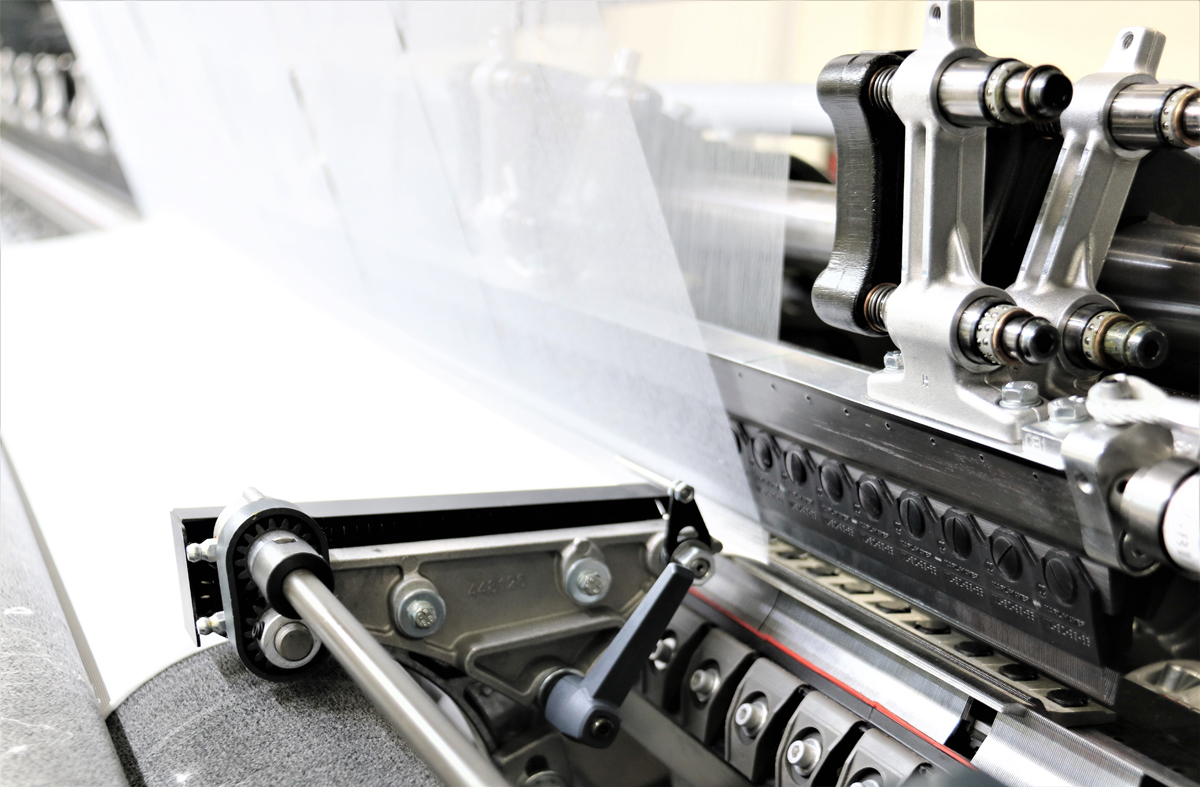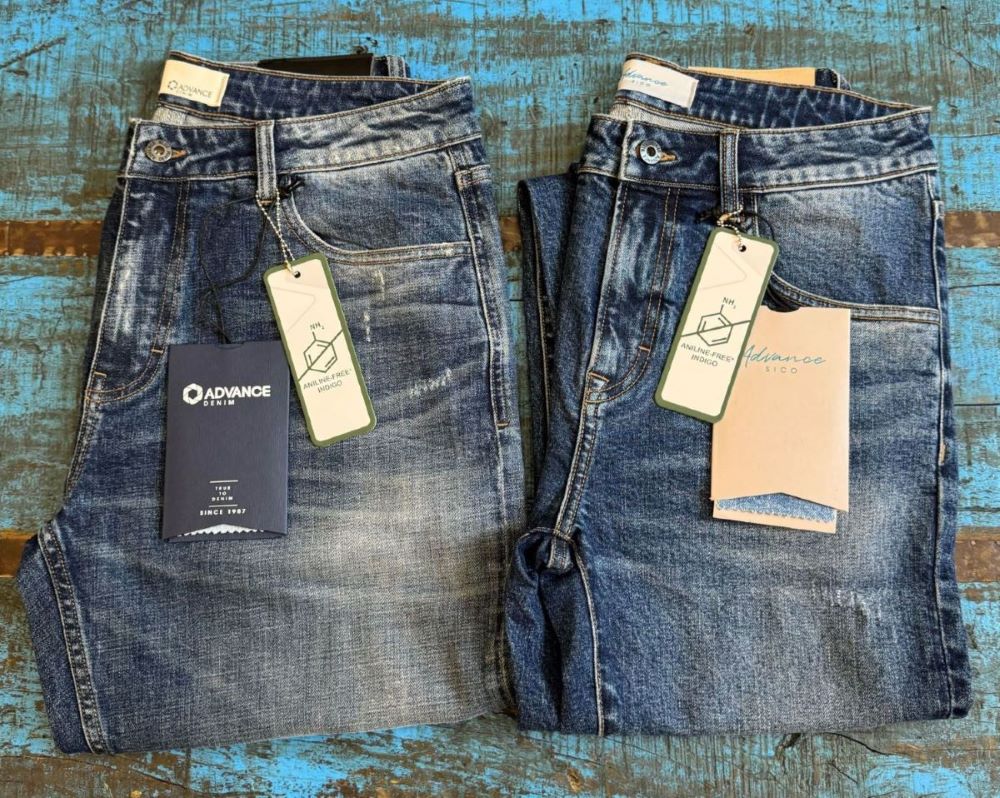The textile and apparel industry stands at a decisive crossroads. With mounting pressure to move away from fossil-fuel-based raw materials and embrace circularity, global brands are increasingly turning toward sustainable polyester solutions. At the center of this transformation is Loop Industries, Inc., a clean technology company that has built its mission on accelerating the circular economy for polyester and PET plastics.
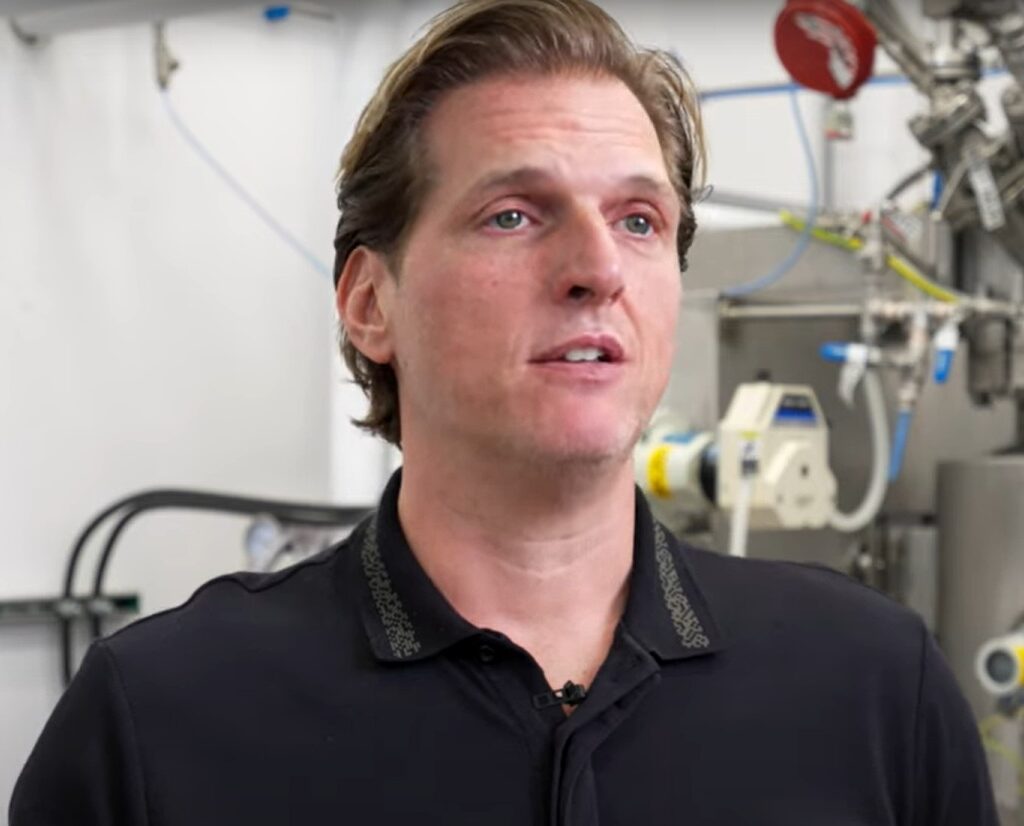
In a major step forward, Loop has announced two significant developments that cement its global leadership: the acquisition of land in Gujarat, India, for its Infinite Loop™ manufacturing facility, and a strategic alliance with Hyosung TNC, one of the world’s most respected sustainable textile innovators. Together, these milestones promise to redefine how the textile industry views recycled polyester—making India a key hub for next-generation circular production.
Building a Circular Future in Gujarat
Loop’s Infinite Loop™ India project has reached a crucial milestone with the acquisition of a 93-acre site near Surat, Gujarat, India’s synthetic textile capital. This location was chosen after extensive due diligence for its strategic advantages.
– Feedstock availability: Surat is home to one of the world’s largest clusters of polyester textile producers, ensuring abundant access to post-consumer and post-industrial textile waste—ideal feedstock for Loop’s patented depolymerization technology.
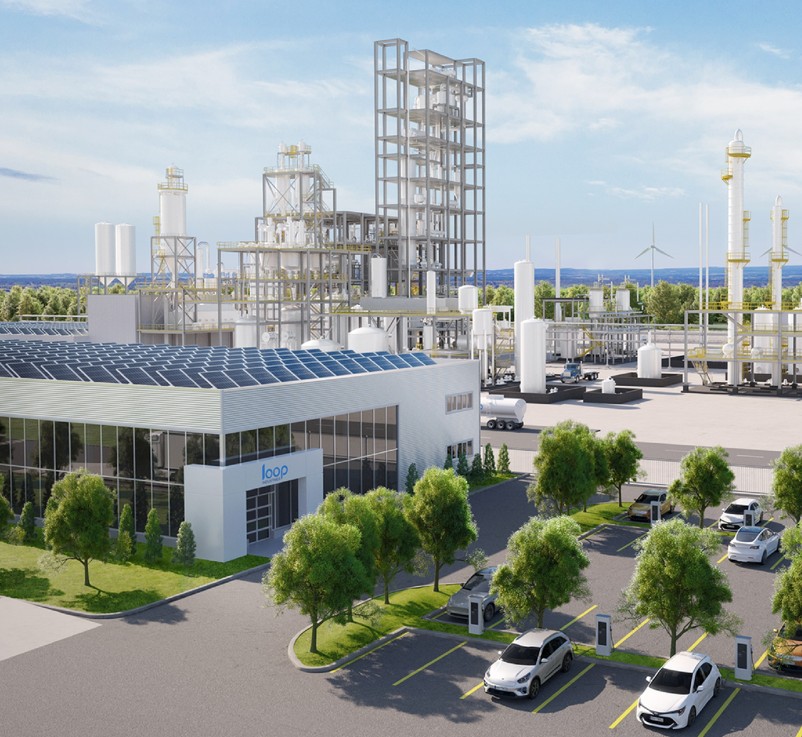
– Sustainable energy: The plant is designed to run on 80% clean, renewable electricity and renewable biofuel, lowering carbon emissions significantly. The PET resin produced at the facility is expected to have up to 80% lower carbon footprint compared to conventional virgin PET.
– Scalable design: The site will initially house a 70,000 metric ton per year capacity facility, with provisions for a further 100,000 metric ton expansion, ensuring scalability to meet global demand.
– Logistics and workforce: Situated within a Petroleum, Chemicals, and Petrochemicals Investment Region (PCPIR), the project benefits from expedited permitting, skilled local manpower, and proximity to a deep-water port for efficient exports.
The land acquisition also reduces Loop’s project cost estimate by $5 million, bringing the total to $176 million, according to engineering studies conducted by Tata Consulting Engineers. Construction is targeted to commence following permitting by late 2025. “This site checks every box from infrastructure, logistics, and feedstock availability to scalability for future expansion,” said Adel Essaddam, COO of Loop Industries. “It sets the stage for deploying our technology competitively and efficiently, while ensuring that India becomes a model hub for sustainable polyester production.”
Partnership with Hyosung TNC: Creating a Global Supply Chain
While the Gujarat plant sets the foundation for circular polyester production, Loop’s strategic alliance with Hyosung TNC ensures that its recycled materials reach global brands through a robust supply chain. Hyosung, based in South Korea, is globally recognized for its sustainable textile portfolio and cutting-edge innovations. Through this partnership:
– Loop will transform textile waste into Twist™, a branded, 100% recycled polyester resin designed specifically for the textile industry.
– Hyosung will convert this resin into high-performance yarns under its regen™ portfolio, trusted by leading apparel, sportswear, and home textile brands worldwide.
– Together, they will create traceable, circular solutions that deliver virgin-quality performance while significantly reducing environmental impact.
“We are excited to form a strategic alliance with Hyosung TNC, a company known for setting the standard in sustainable textile innovation,” said Giovanni Catino, Chief Revenue Officer of Loop Industries. “This partnership expands our market coverage and strengthens the infrastructure needed to help brands transition from virgin fossil-based polyester to circular polyester at scale.”
Hyosung, in turn, views this collaboration as an opportunity to deepen its commitment to sustainability. Simon Whitmarsh-Knight, Global Sustainability Director – Textiles at Hyosung TNC, noted: “Together with Loop, we are advancing circular fashion and reaffirming our shared commitment to reducing dependence on virgin polyester. We are proud to expand our regen™ portfolio with recycled polyester sourced from textile-to-textile processes.”
This collaboration is already delivering results, with pilot projects such as a handbag made entirely from Loop’s textile-to-textile recycled polyester in partnership with Pleatsmama. With the Infinite Loop™ India facility coming online, the scale and reach of this alliance will expand dramatically.
Technology at the Core: Loop’s Infinite Recycling
At the heart of Loop’s strategy is its Infinite Loop™ depolymerization technology, which breaks down no- and low-value PET plastic and polyester fibers—including packaging, carpets, and discarded textiles—into their base monomers: DMT and MEG. These are then purified and repolymerized into Loop™ and Twist™ PET resin.
Unlike traditional mechanical recycling, which degrades quality over time, Loop’s technology enables infinite recycling without performance loss. This ensures that the resin can meet stringent requirements for food-grade packaging as well as high-performance textiles.
By bringing this technology to India, Loop is not only addressing the country’s vast textile waste challenge but also providing global brands with a reliable source of recycled polyester from one of the largest textile-producing nations.
India as a Natural Hub for Circular Polyester
India’s position as a global textile powerhouse makes it an ideal location for Loop’s expansion. The country produces millions of tons of polyester textiles annually, but waste management remains a critical challenge. The Gujarat facility, with its proximity to both raw material sources and export infrastructure, directly addresses this gap.
Moreover, the Indian government’s focus on sustainability, coupled with growing demand from international apparel brands sourcing from India, makes the Infinite Loop™ project strategically aligned with both local and global priorities.
By collaborating with Hyosung, Loop also ensures that recycled polyester from India is seamlessly integrated into global supply chains—further reinforcing the country’s role as a hub for “Make in India, Make for the World”.
The Road Ahead
With its Gujarat facility and Hyosung partnership, Loop Industries is poised to play a defining role in the global shift toward circularity. The company’s strategy unites three critical elements:
- Technology: Infinite Loop™ depolymerization enables infinite recycling without compromising quality.
- Infrastructure: The Gujarat facility will provide large-scale, sustainable production powered by clean energy.
- Partnerships: Collaborations with global leaders like Hyosung TNC ensure access to established brand networks and trusted supply chains.
Loop Industries’ entry into India marks more than just an expansion—it is a blueprint for how technology, sustainability, and collaboration can transform the global textile value chain. The Infinite Loop™ facility in Gujarat will give India the capacity to recycle textile waste into virgin-quality polyester at scale, while the alliance with Hyosung TNC ensures that this circular material reaches leading fashion and textile brands worldwide.
By combining cutting-edge recycling technology with a global supply chain vision, Loop Industries is not only contributing to a cleaner planet but also ensuring that India takes center stage in the movement toward a truly circular textile economy.


